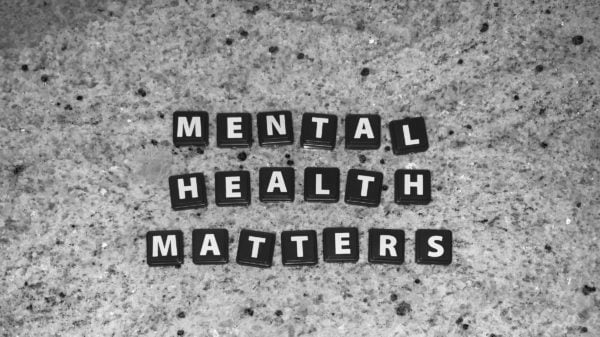We all know the benefits that exercise offers to our physical health, including increased energy levels, reduced risk of diabetes, lower blood pressure, and weight control. But that is not the end of the advantages that exercise provides us with. It improves our mental health considerably, benefiting it in many domains. Here is how exercise benefits our mental health.
1. Boosts our Brains
The power of our brain includes, but is not limited to, memory and intelligence. Exercise enables neurogenesis, which is a process that creates new brain cells. These new cells improve the performance of the brain, strengthen memory, and build intelligence. This prevents memory loss and brings to a halt cognitive decline by strengthening the part of the brain that is responsible for learning and memorizing things, called the hippocampus. Exercise also increases the energy levels of the brain and enhances creativity.
2. Provides Better Sleep
Good quality sleep is crucial for the brain to properly function. Exercise calms and relaxes our minds by making our bodies increase their temperatures, resulting in better sleep. Our circadian rhythms (the control panel that decides when we feel alert and tired) are regulated better, too, with exercise.
3. Decreases Stress
Stressful events cloud our thinking process, and regular stress can damage our brains. Exercise reduces our stress levels and stimulates the production of norepinephrine and neurohormones that help in uplifting our moods and improve cognition. Increased heart rates enhance our ability to fight stress by allowing better communication between our bodies’ sympathetic and central nervous systems.
4. Reduces Anxiety and Depression
Many psychologists recommend resorting to exercise to fight against depression and anxiety before prescribing medication. They do that because exercise enhances the production of endorphin, which is the chemical that our spinal cord and brain produces to offer us feelings of euphoria and happiness. Even moderate physical activities a few times a week can increase the levels of this ‘feel good’ chemical and improve anxiety and depression. It also helps prevent these conditions from occurring.
5. Increases Self-Confidence and Self-Esteem
People with high self-confidence and self-esteem are able to utilize the better part of their brains’ potential. When you have an increased muscle tone, higher endurance, more strength, and agility, you feel much better about yourself. This boost in confidence allows your brain to function more efficiently than it used to.
Exercise is for the Mind, Body, and Soul!
Exercise is not just beneficial for your physical health, but it boosts your emotional and mental states as well. It reduces the risks of mental illnesses and caters to your emotional well being. People who exercise regularly stay more alert and have higher concentration levels. It enhances your mood and enables you to confidently cope with problems and stressful situations by providing you with a strong sense of control. Mental health experts recommend 30 minutes of exercise five days a week to attain results. For people with mental illnesses, exercise is a great way to take out their frustration and feel more relaxed. It can be as effective as some psychological treatments, such as cognitive behavioral therapy and many antidepressants.































































